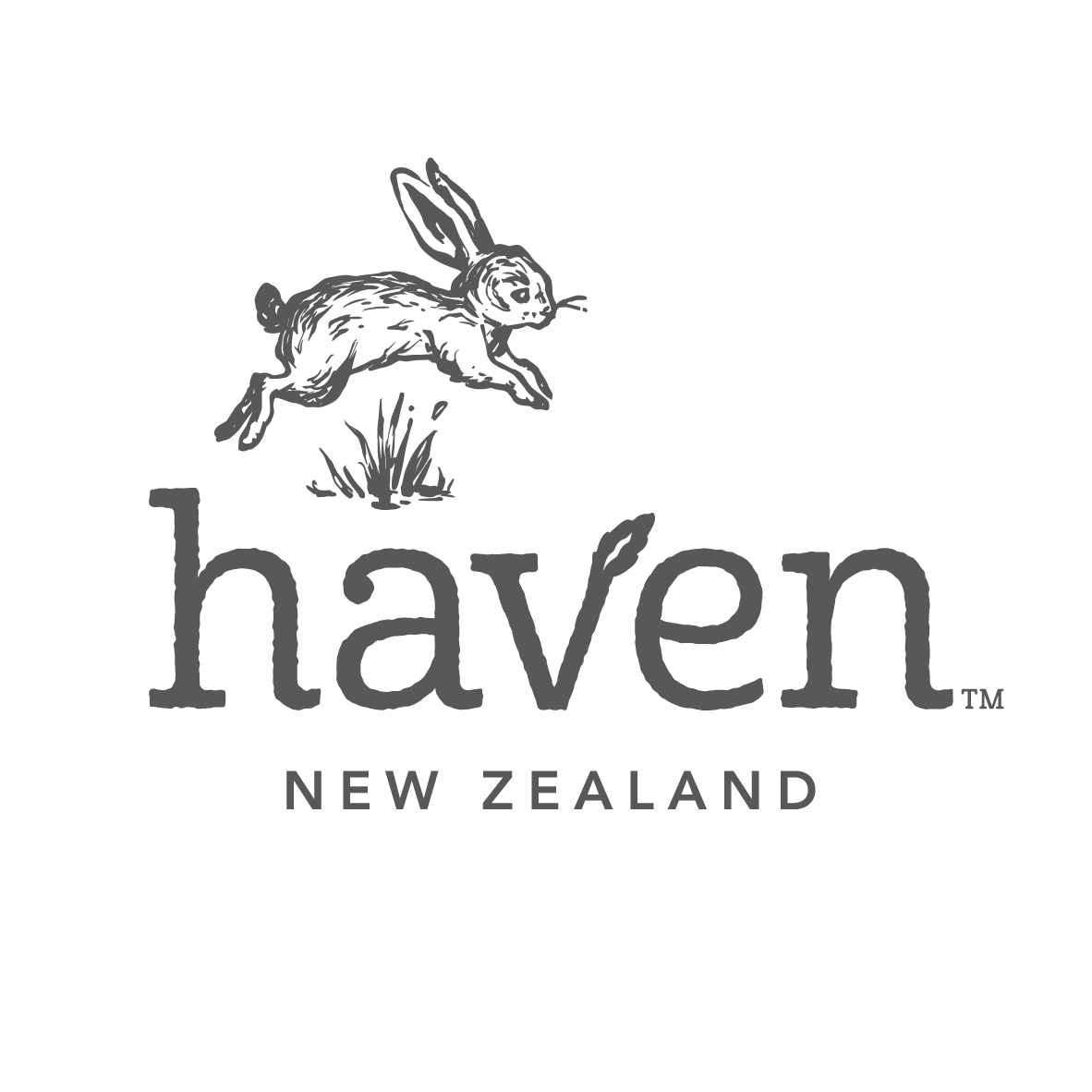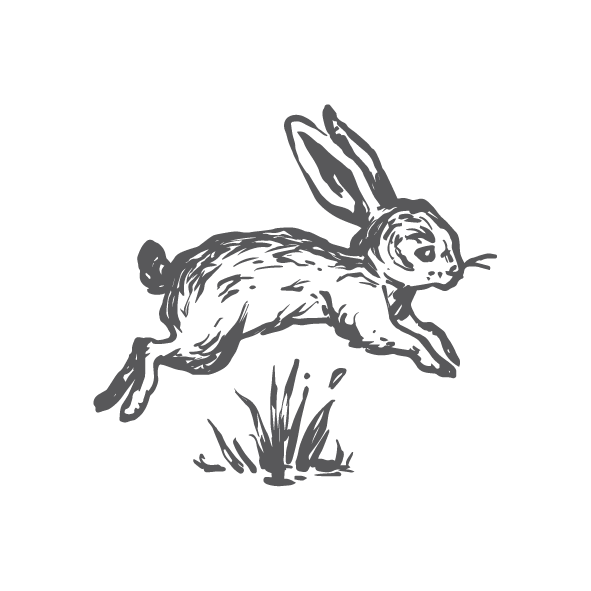FAQs
General
Where is Haven made?
Haven is designed and developed in New Zealand but made in the USA.
We source our grass-fed A2 cow milk and whole goat milk from hand-selected farms in New Zealand.
Our Oat milk powder is sourced from the USA and fortified with a unique Oat protein from Scandinavia.
What stores stock Haven?
Haven is currently only available online at havenbaby.com and Amazon.com
How long does a can of Haven last?
This varies depending on a few factors, including your baby’s age, formula stage and frequency of feeding as well as whether Haven is being used as a complete breastfeeding replacement or to supplement breastfeeding.
An indication of the number of feeds can be found in our feeding guides.
Please do note the best before date on the tin and do not use the product after this date.
What is the shelf life of Haven products?
The shelf life of all of our products is 24 months from the date of manufacture.
You can find the date of manufacture and the use by date on the base of our cans.
How should I store my Haven product?
Store Haven in a cool and dry place.
Always replace lid tightly after opening.
Consume within 4 weeks after opening.
Unopened product should be consumed before the use-by date shown on the package.
Use-by date & lot number are on base of tin. Do not use if foil seal is damaged or missing.
Is your formula Organic?
Haven is not certified organic.
Can I get samples or sachets of your formula?
We don't currently manufacture sachet samples of our individual formulas.
My toddler has an allergy to lactose - is Haven suitable?
Haven A2 Cow and Haven Goat are not lactose free – they both contain lactose (which are naturally occurring milk sugars) comparable to that of other premium infant formulas made from cow’s and goat milk.
If your child is intolerant to lactose, Haven A2 Protein and Haven Goat milk won’t be appropriate.
Haven Oat would be a great choice for your little one!
Should I stop breastfeeding and use Haven instead?
Haven is the closest alternative to your milk that exists, but it’s not breast milk.
If you’re having difficulty breastfeeding or the child is 12months old, and you want to phase out breastfeeding, Haven is the perfect choice in formula.
How do I transition from my existing formula to Haven?
It is best to transition to a new formula slowly.
Babies have sensitive tummies, so it’s important when changing formulas to do so gradually to allow your baby’s digestive system to get used to it. We recommend introducing the new formula gradually, substituting one feed of the new formula each day until all your baby’s feeds are the all the new formula.
We recommend starting the transition with a morning feed, so that if any changes occur, you can observe them during the day.
For example, substitute the mid-morning feed of day 1 with the new formula and use your existing formula for all other feeds that day. On day 2, substitute two daytime feeds with the new formula, and use your existing formula for the others. Continue in this way until all feeds have been substituted, changing any night time feeds last.
We do not recommend mixing the existing and new formula together in the same feed, as if there is something that does not agree with your baby it may be difficult to detect.
Most babies adjust quickly to the change in their diet; however some may experience minor tummy discomfort. Things to look out for are a change in bowel movements, having more wind, or being more spilly than usual. Most babies will return to normal within a few days, however if you have any concerns, please see your health professional.
How do I mix up formula correctly for my toddler?
Always follow the instructions on the tin when preparing a bottle for your baby.
All instructions can be found on each can of Haven.
Always wash hands with soap and water before preparing the drink.
Sterilise bottles, teats, caps or cups and other utensils thoroughly - in boiling water for 5 minutes or using an approved steriliser.
Just before a feed, measure out the relevant number of scoops and water and mix properly.
Before feeding formula, test the temperature by placing a few drops on your wrist.
Any leftover formula should be discarded after an hour.
How long does made up formula last?
If your toddler does not finish the formula, it is best to discard any remaining formula after an hour.
Freshly mixed formula can be stored in the refrigerator for up to 24 hours. After that, it should be discarded and a fresh batch should be prepared.
It is important to always follow the preparation and storage instructions on the formula can, and to take appropriate measures to ensure the formula is kept at a safe temperature, such as refrigerating it promptly after mixing.
Why is the formula clumping when I mix it?
We understand how frustrating it can be to see clumps when mixing your powdered formula.
We take every precaution to ensure clumping of the formula does not occur, and the flow of the powder is verified during laboratory testing that is conducted per batch, prior to the product’s release to the market.
If cans are open for a period of time, and are stored in a humid area, refrigerator, or water enters the can during handling and preparation, the powder can clump.
We have a few ways to help say goodbye to clumps for good:
Add the water first: Water, then powder…always.
Test the temperature: For the best mixing results, ensure you’re using lukewarm water.
Don’t wait to mix it! Shake or stir the bottle immediately after you’ve added the powder to the water.
Another options is to use a small wisk to mix the formula then ensure all lumps dissolve fully.
Sometimes using a small bottle (150ml) means there isnt a lot of room for the powder and water to mix. We recommend trying a bottle that holds a larger vlume of water - even if you only mixing up small amlounts of formula at a time.
Why is my formula foamy after I shake it?
Depending on how vigorously you shake a bottle - sometimes the formula will appear foamy and have bubbles.
We suggest sitting the bottle on the benchtop for 30 seconds to allow some bubbles to pop and then gently tap it on the benchtop of pop any remaining bottles.
Then swirl bottle in a circular motion to ensure the bottle is properly mixed.
Can I freeze formula?
We do not recommend you freeze any formula powder in the freezer for a number of reasons. Storing powder in refrigerated conditions exposes the powder to condensation. This can cause the powdered ingredients to clump. As a result, the powder may not mix/reconstitute as well when formula is prepared and the freezing process may affect the nutritional value of some of the ingredients.
It is also not recommended to freeze liquid premixed formula as the freezing process can change the texture and consistency of the formula and affect its nutritional value.
Once the formula tin is opened, how long is the powder safe to use?
Once a can has been opened and exposed to the air, it must be discarded after 4 weeks.
Can I dilute your formula if my baby is constipated?
It is important that you do not dilute your formula. The feeding guide for the stage your baby is on ensures they receive the nutrients needed to help your baby grow and develop.
Are Haven formulas hypoallergenic?
The Haven range is not hypoallergenic formula.
Even though our range is made from A2 grass-fed cow milk and goat milk - it is still cow's and goat milk, so it is not suitable for babies or infant who have cow's milk protein allergy.
Do you add any artificial sugar or sweeteners to your formula?
We do not add any artificial sugars or sweeteners to our formulas.
Our formulations are creamy and do not need any unnecessary additives.
Our formula's do contain Lactose - which is the naturally occurring sugar in milk and a type of sugar found in high levels and is the primary carbohydrate in breast milk.
Lactose provides energy and nutrients to support the growth and development of infants. Lactose also helps to regulate the absorption of other nutrients in breast milk, such as calcium and magnesium, and it stimulates the production of hormones that regulate appetite and digestion.
Ingredients
What is the difference between your cow milk formula and your goat milk formula?
Our formulations are very similar - containing all the same ingredients.
The main difference is our milk source - cow or goat.
Nutritionally, our goat milk and cow milk are similar too. Because Goat milk is naturally A2 , and we choose to use only A2 cow's milk.
Goat milk is higher in some vitamins and minerals while cow’s milk has more folic acid and B12 than goat milk.
What is DHA and why do you add it to your formulas?
DHA (docosahexaenoic acid) is a long-chain polyunsaturated fatty acids (LCPUFAs) that is mportant for the growth and development of the brain, eyes, and nervous system in infants.
Infant formulas are often supplemented with these LCPUFAs because they are found in high concentrations in breast milk, and breastfed infants have been shown to have higher levels of DHA compared to formula-fed infants.
The addition of DHA is intended to help support the growth and development of infants in a manner that is similar to the benefits seen in breastfed infants.
We source our DHA from algae - rather than from fish.
What is Lutein and why do you add it to your formulas?
Lutein is a type of carotenoid, which is a naturally occurring pigment found in fruits and vegetables. It is added to infant formula because lutein is important for visual and cognitive development in infants.
Studies have shown that lutein accumulates in the retina of the eye, where it functions as an antioxidant and helps to protect the eyes from oxidative damage. Additionally, lutein has been shown to play a role in the development of the brain and cognitive function.
The addition of lutein to infant formula is intended to provide infants with a source of this important nutrient, which may help to support their visual and cognitive development.
What probiotic do you add to Haven and why do you add it to your formulas?
Lactobacillus rhamnosus HN001 is a type of probiotic bacteria that is commonly found in the human gut. Probiotics are live microorganisms that are similar to the beneficial bacteria that naturally occur in the gut, and they are often added to foods and supplements to promote gut health.
Lactobacillus rhamnosus HN001 is thought to be important for the healthy development of infants because it has been shown to improve gut health, boost the immune system, and reduce the risk of certain infections. For example, some studies have shown that Lactobacillus rhamnosus HN001 supplementation may help to prevent diarrhea and other gastrointestinal problems in infants.
In addition to these potential benefits, Lactobacillus rhamnosus HN001 is also thought to have a positive impact on the development of the gut microbiome, which is a complex community of microorganisms that resides in the gut and plays a key role in overall health.
Does Haven contain palm oil?
Unlike most other formulas, Haven made a conscious choice to leave palm oil out of its formulations.
Studies have also shown that baby milks containing Palm Oil prevented absorption of good fats and prevented absorption of important minerals like calcium. Worryingly, for babies that drink milk that contains Palm Oil, studies have also found that this has led to problems later in life like reduced bone mass and reduced bone density.
There’s also the impact on our little one’s digestive system. Some babies can pass harder stools when they drink formula containing palm oil, and can even become constipated. This happens when palmitic acid binds with the calcium forming insoluble soaps and undigested particles in the baby's gut, which then get excreted from the baby’s body in harder stools.
Why do you add other oils to your formulas?
Infant formulas contains oils to mimic the fatty acid profile in breast milk.
Human milk contains a collection of essential fatty acids including linoleic acid and α-linolenic acid as well as additional long-chain polyunsaturated fatty acids. These fatty acids are required for normal development in infants and critical to the functioning of the nervous system.
Infant formulas must use a range of vegetables oils to achieve a similar balance of essential fatty acids found in infant formula. Manufacturers can decide to use high quality oils like coconut oil and flaxseed oil or more mass-produced and cheaper oils including canola and palm oil.
We use we use a blend of full-fat milk along with cold-pressed coconut and flaxseed oils to deliver the majority of our fatty acids. In addition, we use high-oleic sunflower oil because it delivers essential oleic and linoleic fatty acids, which are important fats for all babies.
Does Haven contain egg products?
No. Haven is free from egg products.
Does Haven contain soy?
Whilst we don't add soy or soya oil as an individual ingredient in Haven, there are minute trace elements of soy lecithin in our formula which is used as an emulsifier in the manufacture of the DHA oil we add to our formulas.
A2 grass-fed cow milk
What is A2 milk?
Nutritionally, A2 milk is similar to regular milk in terms of how much protein, fat and calcium it contains. The difference is in their types of beta-casein protein. Beta-casein makes up 30% of the protein in milk and comes in two main forms – A1 and A2. Most cows produce a mix of A1 and A2 beta-casein but some cows produce only A2 beta-casein, which is where A2 milk comes from.
A2 cows naturally have genetic instructions that code for milk casein proteins with a different amino acid at the specified position. Cows carrying the gene are then selectively bred to create offspring that have the A2/A2 DNA therefore producing milk with the desired qualities.
It is important to note there is no genetic engineering involved in the production of A2 milk. There is no introduction of foreign genes from other species and no tampering with the natural genetic code of the cows. In fact, this method of breeding animals with desired properties has been performed by humans since Neolithic times.
How are your cows farmed? Is your milk grass-fed?
The farms supplying our A2 milk are situated near Taupo in the North Island of New Zealand. This area boasts one of the most natural environments for its animals with fertile soils from the unique climate and clean air away from urban development.
The farmers primary concern is the animal’s wellbeing and the production of exceptional quality grass, facilitated by the uniquely high rainfall of this area. The animals are year-round grass-fed grazers with the exception of some supplementary natural feeds such as lucerne in dryer months.
Goat milk
Is your Goat formula lactose free?
No. Goat’s milk contains less lactose than cow’s milk, but lactose is still present in our Goat formulas.
If your child is intolerant to lactose, goat’s milk won’t be suitable.
Why do you add Goat whey protein to your Goat formulas?
Goat milk naturally has a higher casein-to-whey ratio compared to breast milk. By adding goat whey protein, we can achieve a more optimal whey-to-casein ratio that better mimics breast milk.
Oat
Where is Haven Oat manufactured?
Haven Oat is manufactured by us in our partner facility in the USA.
Where do your oats come from?
Our oats are sourced from North America and Canada and are fortified with a unique Oat protein we source from Scandinavia
Can I feed Haven Oat to my baby?
Haven Oat is a toddler formula which must only be fed to children aged over 12 months of age. It is not suitable for younger babies.
Shipping & Returns
Do you offer free shipping?
.
Do you accept returns?
Please please please take extra care when you are placing your orders for formulas.
Our product is consumable and it is for toddlers who are vulnerable consumers - therefore we can not accept any returns due to not being able to guarantee storage conditions, tampering of previously purchased product etc.
I've accidentally purchased the wrong product can I send it back?
We know that mistakes happen (especially in a busy household!), so it’s important that you be super careful when placing your orders as we can’t provide a refund or replacement due to an error when ordering.
What are your shipping timeframes in NZ?
.



